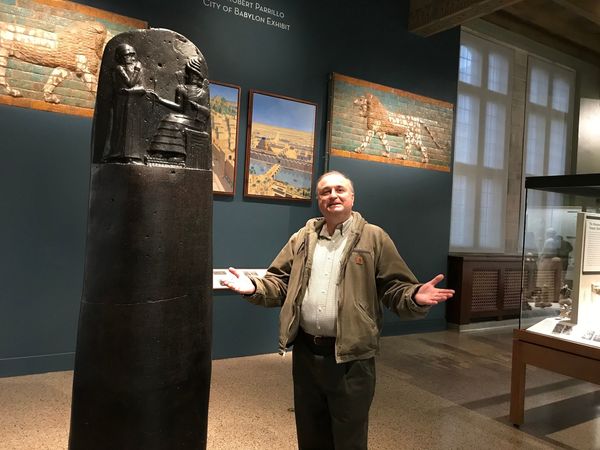CAMWS Award
This years CAMWS award (Classical Association of the Middle West and South) was bestowed upon Connor Reilly in the Department of Classics. This award is given to a graduating senior for outstanding accomplishment in undergraduate classical studies. Congratulations, Connor!
